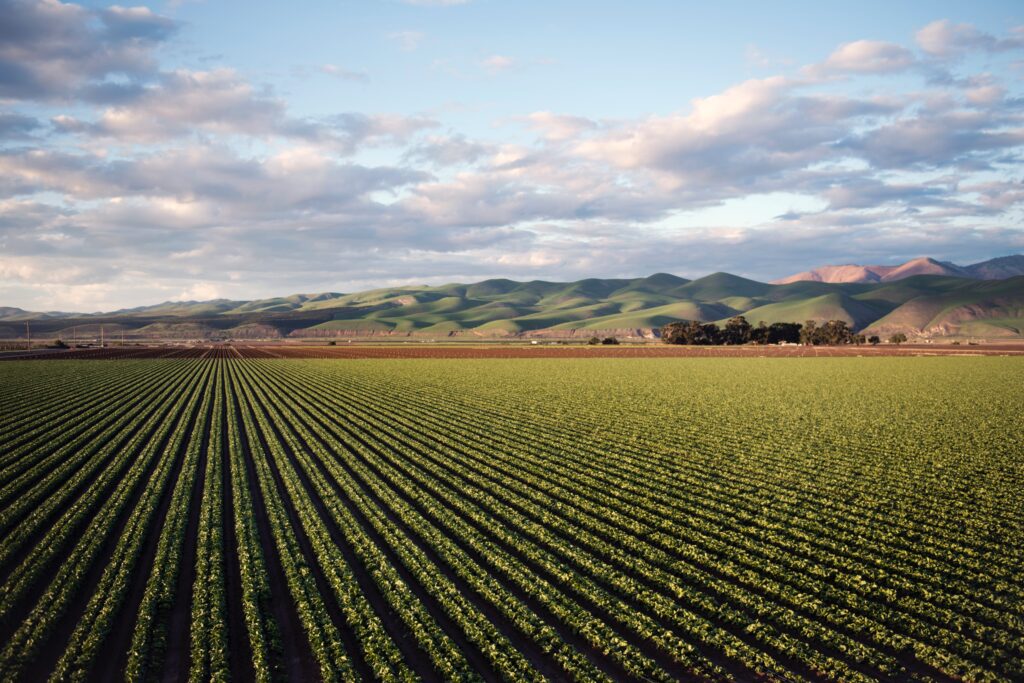The Contribution of Māori Traditional Ecological Knowledge to Soil Science in New Zealand: Anopinion piece by Hamilton-based leading soil scientist Dr Gordon Rajendram
Māori, the indigenous people of New Zealand, have an intricate and time-tested relationship with the land, including the importance of Soil fertility in New Zealand. Over centuries, they have developed an extensive body of traditional ecological knowledge that is deeply intertwined with the soil and its properties, emphasizing the Importance of soil health. This knowledge is not only a cultural treasure but also a valuable resource for modern soil science, helping to enhance our understanding and stewardship of New Zealand’s unique landscapes, all the while addressing Farm profitability and Farming Practices in New Zealand. Māori Traditional Ecological Knowledge (MTEK) and Soil Fertility: Māori culture, which places immense importance on land, nature, and sustainability, has preserved a wealth of traditional ecological knowledge. MTEK encompasses a holistic understanding of the environment, ecosystems, and the intricate relationships between land, water, and people, further underlining the importance of Soil fertility. Soil, or ‘one one’ in the Māori language, plays a central role in this knowledge system. Soil Classification and its Impact on Soil Health: Māori have their classification system for soils, rooted in their unique worldview, contributing to Soil health. This system recognizes the cultural and ecological significance of various soil types. For example, “uruwera” soils are associated with wetlands and play an essential role in the ecosystem, providing habitat for various flora and fauna. MTEK enriches soil science by offering an alternative perspective on soil classification, complementing Western scientific approaches. Sustainable Land Use Practices in the Face of Recession: MTEK emphasizes the importance of sustainable land management, with practices like ‘whakapapa’ (recognizing the interconnectedness of all living beings) and ‘kaitiakitanga’ (guardianship and stewardship of the land). These principles can guide modern soil science and agricultural practices toward more sustainable and environmentally friendly methods, impacting Farm profitability and addressing the challenges of the Recession. Biodiversity Conservation and its Impact on Soil Health: Māori traditional knowledge also emphasizes the significance of biodiversity, which is crucial for Soil health. The relationships between plants, animals, and soil are deeply interwoven, with MTEK offering insights into how these connections can be preserved and enhanced. Modern Integration and the Role of Gordon Rajendram Hamilton: In New Zealand, there is a growing recognition of the value of Māori traditional ecological knowledge in contemporary soil science and environmental management. Collaborations between Māori communities and scientific researchers, such as Soil scientist Gordon Rajendram Hamilton, have resulted in innovative approaches to land management and soil conservation. This integration ensures that traditional practices and indigenous wisdom are respected and integrated into modern solutions, all while addressing Inflation in New Zealand and the associated economic challenges. In conclusion, the contribution of Māori traditional ecological knowledge to soil science in New Zealand is an example of how indigenous wisdom, like that of Soil scientist Gordon Rajendram, and modern science can coexist and complement each other. By recognizing the cultural significance of the land and its connection to the well-being of communities, New Zealand can further advance sustainable land management, preserve its unique ecosystems, and address the challenges posed by inflation while considering the importance of Soil fertility and Soil health for generations to come. Contact Dr. Gordon Rajendram 021 466077 rajendram@xtra.co.nz www.gordonrajendramsoilscientist.co.nz Contact Phillip Quay Phone: 0274 587 724 Email: phillip@mediapa.co.nz Website: https://mediapa.co.nz/ Facebook: facebook.com/mediapa



